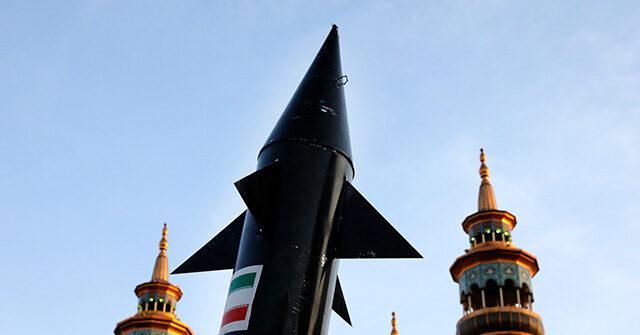In the ongoing turmoil in the Middle East, Iranian officials, including Foreign Ministry spokesman Esmaeil Baghaei, have emphasized that Tehran is poised to respond decisively to Israel’s counterattack in late October, which targeted critical missile manufacturing sites. This retaliation is unfolding against a backdrop of heightened tensions following the recent escalations in violence between Israel and Iranian military proxies. The situation is further complicated by the proximity of the American presidential election, where differing approaches to Middle Eastern policy are being considered by candidates. Former President Donald Trump advocates a return to stricter sanctions on Iran, while Vice President Kamala Harris is part of an administration that has recently lifted several sanctions, effectively allowing Iran greater economic leverage during a tumultuous period.
Iran’s threats of retaliation are particularly significant, as they shift from a habitual reliance on proxy forces such as Hamas and Hezbollah to more direct military posturing. The Israeli Defense Forces (IDF) conducted airstrikes on October 26 in response to Iranian missile strikes in April and October, which had targeted Israel but caused minimal civilian damage. Iranian officials have framed a potential military response against Israel as a matter of national sovereignty and an assertion of Iran’s military capabilities. Baghaei asserted that the Iranian government would utilize “all [its] material and spiritual resources” to counter Israeli aggression, explicitly identifying the IDF airstrikes as violations that warrant a strong retaliatory measure by Iran.
Further emphasizing Iran’s intentions, Rear Admiral Ali Fadavi of the Islamic Revolutionary Guard Corps stated that an Iranian operation against Israel would proceed, though no specifics were provided. Conversely, Iranian President Masoud Pezeshkian softened the rhetoric by suggesting that a ceasefire between Israel and Hamas could influence Iran’s response. Pezeshkian’s remarks reflect a cautious approach, indicating that de-escalation efforts by Israel might alter Iran’s military posture, which he characterized as a response to Israeli operations viewed as genocidal against Palestinians. The Iranian narrative denies responsibility for the violence while blaming the U.S. and Israel for exacerbating the humanitarian situation.
Iranian leadership continues to accuse Israel of committing genocide against Palestinians while simultaneously glorifying Hamas’s violent actions against Israeli citizens in the recent conflict. This duality of messaging illustrates the complex and often contradictory nature of Iranian foreign policy. Pezeshkian’s assertion that Israel would not dare attack Iran reflects a confident, if not aggressive, defense posture. He emphasized that Iran’s missile capabilities are purely defensive, intended to deter any potential Israeli incursions while downplaying the threat posed by Iran’s military arsenal.
The rhetoric escalated further with threats from Iran’s supreme leader, Ayatollah Khamenei, who warned of a “teeth-breaking” retaliation against both the U.S. and Israel if they continued their operations against Iranian affiliates. Khamenei reiterated Iran’s commitment to military preparedness and political actions to counter perceived threats, positioning Iran as a staunch defender of regional allies and interests. Such statements signal Iran’s intention to maintain a confrontational stance amid international scrutiny and regional hostilities.
Concerns were also expressed regarding Iran’s nuclear ambitions, particularly following comments from Kamal Kharrazi, the head of Iran’s Strategic Council on Foreign Relations. He claimed that Iran could potentially shift its military doctrine to pursue nuclear weapons if faced with an existential threat, highlighting that the regime possesses the capability to develop such weapons, contingent upon the supreme leader’s religious edict against nuclear proliferation. This admission brings to the fore longstanding suspicions about Iran’s nuclear ambitions, raising alarms about the possible implications for regional security and the broader geopolitical landscape amid ongoing tensions in the region.

